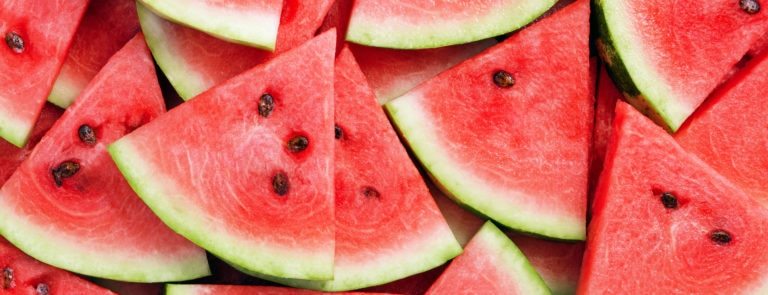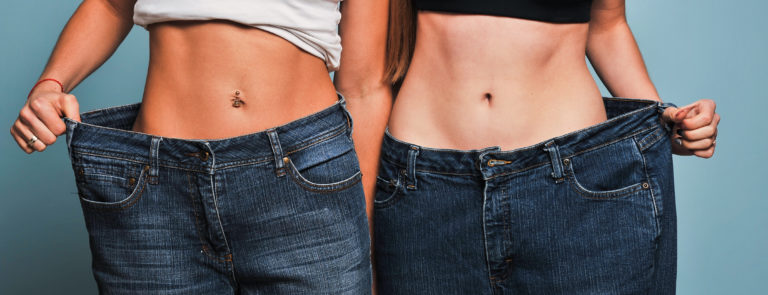10% off £35
Code:SAVE
How to beat adult acne

Adult acne is increasingly common, but what causes it and how can you improve your skin? Find out practical advice to help beat acne.
Adult acne is becoming increasingly common, but there are proven ways to tackle spots and achieve a clear complexion.
What is adult acne?
It’s a myth that only teenagers get spots. While 90 per cent of teens experience acne (the medical term for spots), half continue to be affected as adults. The symptoms in adults are similar to those in teenagers, and include blackheads and whiteheads, inflamed spots, pustules and cysts. Typically, in adult acne, the lower part of the face is more affected and you’re likely to develop spots around your jaw, neck and chin. It’s also usually milder than teenage acne, but can still be very distressing. There’s evidence acne is on the rise in adult women. This could be linked to increasing stress, or it may be that more people are seeking help for it.
The causes
It doesn’t matter how old you are – the reasons you get spots and pimples are the same. If you have oily or combination skin, you’ll be prone to getting acne breakouts because your skin glands will produce excess sebum (oil) which will block your pores. Our bodies experience lots of hormonal changes as we age and this can play havoc on our skin too. Other causes can include:
- Your genetics – if your parents or grandparents struggled with acne, you might do too.
- Smoking – especially for older people.
- Being stressed.
- Using the wrong skincare products for your skin type.
Why is having a good skincare regime important?
It doesn’t matter whether you’re a teenager or an adult, you need to look after your skin. If you clean your face with warm water twice a day, cleanse and moisturise you should be able to improve the condition of your skin as long as you choose products that are alcohol-free and have been developed for your skin type. Picking your spots and pimples is a big no-no.
Finding a treatment
There are various over-the-counter treatments you can buy which could help you clear up your acne yourself. However, if your acne is severe you should book an appointment with your doctor as they’ll be able to prescribe you antibiotics or stronger creams/lotions. If you go to your GP, they can diagnose and treat any underlying causes such as polycystic ovary syndrome (PCOS), causing symptoms including acne.
They can also offer various treatments including topical antibiotics and vitamin A derivatives known as retinoids, which can lower oil production and stop dead cells clogging hair follicles. For more stubborn cases, the contraceptive Pill or a drug called isotretinoin may sometimes be prescribed. Whether you’re a teenager or an adult, your doctor may refer you to a skin specialist if your acne is particularly bad.
Alternatively, you may choose to go private. A skin specialist will be able to offer acne treatments that are tailored to you and will drastically improve the condition of your skin. They may recommend a special kind of facial to unclog your pores and once your acne has cleared up, treat any scarring that’s been left behind.
What can you do yourself to help?
There are also measures you can take yourself to help ease spots:
- Clean up your diet - Research has found that high-dairy, high-glycaemic index diets may be linked to acne. Try basing your diet on complex carbs like whole grains, fruit and vegetables, and reduce your dairy intake – try alternatives such as calcium-enriched soya milk.
- Try tea tree - Tea tree oil has antiseptic qualities and has been shown to help improve spots.
- Take skin-supporting supplements - One study showed people with acne might have low levels of zinc. Increase levels in your diet by eating more zinc-rich foods, such as seafood, meat and quinoa, or take a supplement.
- Use gentle skin products - A common mistake is to treat skin too harshly, over-cleansing it. This can actually make acne worse. Instead, wash skin no more than twice a day and choose mild cleansing products. Also pick non-comedogenic makeup, which is less likely to block pores.
- Cut stress - Try relaxation techniques such as yoga, or simply taking time out to read or go for a walk can be effective Handpicked content: 5 essential oils for stress relief and how to use them
Related Articles
Shop by wellness goal
Sign up for exclusive offers
Plus, get expert advice to support your health & wellness straight to your inbox when you sign up to Holland & Barrett emails.
Read our
privacy policy














